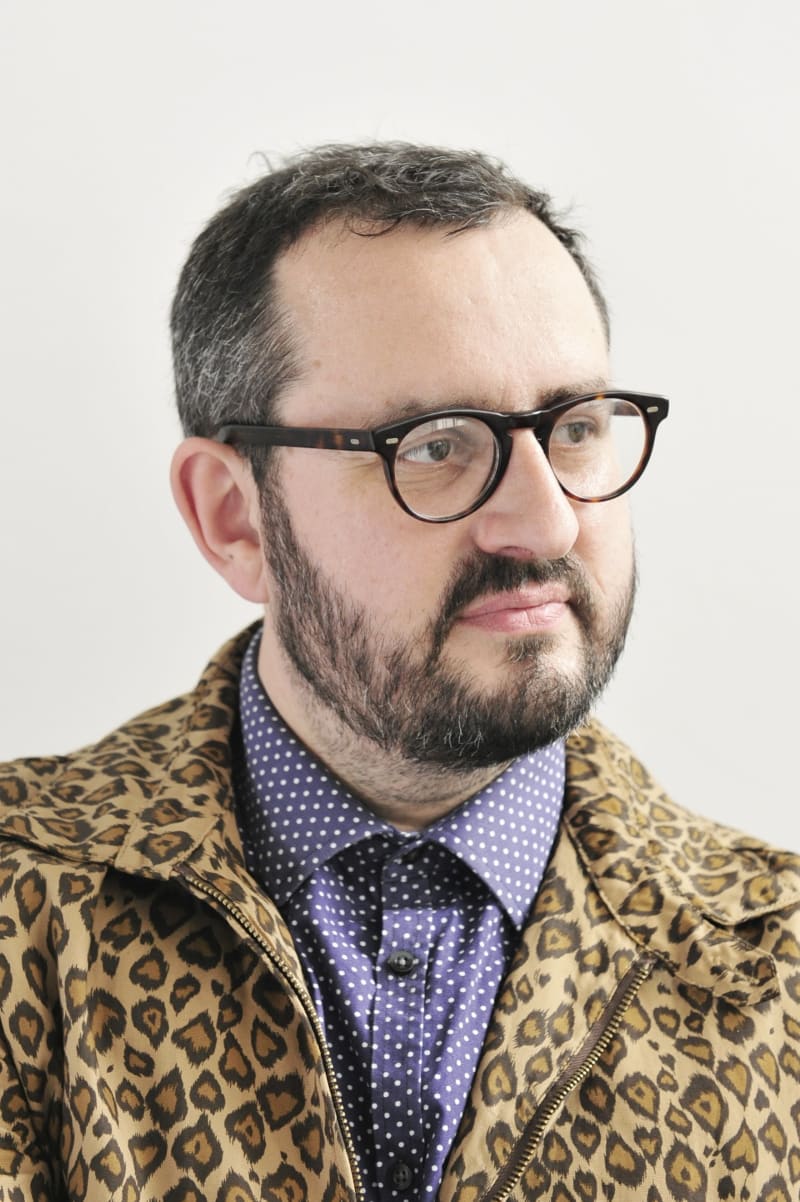
Biography
Andrew Tucker is a fashion journalist, author and consultant. He works closely with the British Fashion Council as a talent scout and has been a member of the NEWGEN selection panel.
Over two decades working in the industry, Andrew has covered the main fashion weeks and interviewed some of fashion's greatest luminaries, including Alexander McQueen, Gianni Versace and Hedi Slimane, as well as lifestyle icons like Martha Stewart.
Having started his career at Drapers, Andrew continues to be an active journalist, regularly contributing to fashion and culture magazines such as The Gentlewoman and Fantastic Man. He has published a number of books on fashion, as well as producing and publishing small magazines and advertising campaigns for fashion and interiors brands.
As a consultant, Andrew has worked closely with the British Fashion Council as a talent scout for London Fashion Week and the NEWGEN sponsorship scheme. He also advised LOCOG, the organisation responsible for planning and overseeing the 2012 Olympic and Paralympic Games. Andrew is also the Creative Director at Mix Trends, a colour forecasting publication that provides trend information two years ahead of the season.
I try to instil an understanding in the students that you have to be interested in everything and as the industry changes you need to react with it.
Interview
What inspires and excites you in terms of your area of practice?
I always feel that the best analogy to describe fashion journalism is that it’s similar to betting on a horse race. Go into any bookies and you’ll see that the real pundits are constantly checking the form of the racehorses – how they ran in their previous competitions, the weight of the jockey, the pedigree of the breeder, the state of the race course etc. My profession is no different: you have to be able to look at fashion from every angle, commercially, historically, aesthetically, technologically, sociologically and economically if you want to understand how it operates. I love fashion’s sense of urgency.
What makes your course unique?
I try to instill an understanding in the students that you have to be interested in everything and as the industry changes you need to react with it. For instance, it’s no longer sufficient to be a great commentator, you’ll also need an understanding of social media, graphic design, art direction, theoretical application as well as practical journalistic skills. And that’s not to mention an encyclopedic knowledge of fashion and the fashion industry.
What do graduates of the course go on to do?
Ultimately we are not prescriptive about what students want to achieve on the course, and because the major project is self negotiated, we listen to and help them pursue their own objectives which can be as commercial or as esoteric as they wish. Some will graduate with an entrepreneurial project that evolves into a standalone company; others embark on successful freelance writing and styling careers or join magazines; some wish to pursue a more traditionally academic pathway and remain in education.
What key advice would you give to someone applying for the course?
Be interested in everything, from Miley Cyrus to Madame de Pompadour. Be prepared to attempt things that are out of your comfort zone and don’t feel downhearted if, at first, you don’t succeed. But most of all, have fun and enjoy the challenge this course presents – you’ll meet some fascinating people, and hopefully discover some more about yourself in the process.